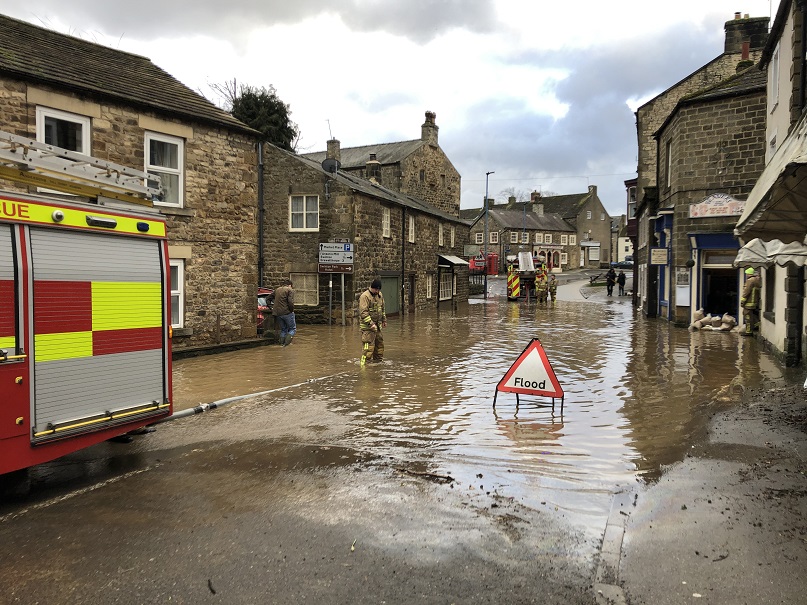Flooding occurs when water covers usually dry land, lasting from a few hours, to several days.
Heavy or prolonged rainfall, or rapid snow melt, usually causes flooding. Floods can occur year-round, often linked to wet and windy conditions in the winter, and heavier rainfall in the summer due to warmer air. Drought-affected dry ground cannot quickly absorb rainfall, leading to flooding.
Different sources can cause different Types of flooding. In Staffordshire and the Black Country, main rivers and watercourses, surface water highway infrastructure and sewer infrastructure usually cause flooding. Coastal, groundwater, and reservoir flooding do not typically threaten Staffordshire or the Black Country.
Different organisations, or Risk Management Authorities, oversee different types of flooding. To find out more information about these organisations, you should visit the Flood risk roles and responsibilities page.

